Amnesty International denounces the labour exploitation and deaths of workers during the preparation of the sports tournament and once again demands a gesture from the Spanish Football Federation.
Manjur Kha Pathan, Sujan Miah, Tul Bahadur Gharti, Suman Miah, Mohammad Kaochar Khan and Yam Bahadur Rana are workers who have died in Qatar in recent years after being subjected to harsh working conditions.
These are just a few names, made public by Amnesty International (AI) in a recent report, from the long list of migrant workers who have lost their lives in the last decade in the Qatari emirate, a country that will focus on everything the world between November and December 2022 because the next edition of the football World Cup will be held there.
The choice of Qatar as the venue for the World Cup has been surrounded by huge controversy since FIFA made it official in 2010, more than ten years ago. The choice of a country that doesn't respect the most basic human rights, the numerous accusations of corruption, as well as the zero football tradition of Qatar and the fact that, for the first time in history, the World Cup is would have to dispute in the fall to circumvent the extreme temperatures that are recorded in the country, were factors that made the decision even more debatable.
However, the most worrying thing about the World Cup in Qatar came later, during the preparations for the event. Over the years, according to numerous human rights organizations, thousands of working people, subjected to harsh working conditions, have died in the construction of equipment, facilities and infrastructure related to the celebration of the World Cup. In addition, all kinds of labour abuses have been committed, such as non-payment of wages or the confiscation of passports, among others.
"The conditions that workers have had to endure are very worrying, with endless working days of twelve and fourteen hours and many outdoor tasks, exposed to extreme temperatures of around forty degrees Celsius", he told Xarxanet Carlos de las Heras, spokesman for Amnesty International.
A World Cup with thousands of deaths on its shoulders
In this point, an investigation published this summer by the British newspaper The Guardian put the number of deaths due to occupational causes of working people from India, Pakistan, Nepal, Sri Lanka and Bangladesh at 6,500 since Qatar was named at the tournament venue. However, the total death toll could be significantly higher as it doesn't include countries such as the Philippines or Kenya, where much of the workforce working in Qatar comes from, nor does it include deaths that have occurred in recent months.
Amnesty International points out that it's very difficult to really know how many people have lost their lives during the works because the Asian authorities attribute these deaths to "natural causes", such as cardiorespiratory arrest or lung damage, among others.
"Obviously, many people, not only in Qatar and in construction, die from these causes, but what needs to be addressed is what caused them", says De las Heras, who points out that not only people have died in construction of the stadiums, but also in the construction of roads and infrastructures such as airports, designed for the organization of the event.
In fact, the only official figure provided by the emirate authorities speaks of about 15,000 deaths of non-Qatari nationality between 2010 and 2019, but, of course, this covers any foreign person who has died in the country from any cause, such as age issues, traffic accident, etc.
A pressure that has taken effect?
In this context, the constant pressure of human rights movements has forced Qatar to pass laws to curb labour exploitation, enacted in the summer of 2020. These changes have opened the door, for example, to abolishing labour restrictions so that migrant workers can change jobs without the permission of their employer or have introduced a minimum monthly wage.
A series of changes that have gone in the direction of ending the so-called Kafala, a system of abusive sponsorship that prevailed in the country and which many organizations have described as a system of modern slavery.
However, the reality is that these changes aimed at improving the situation of working people aren't being implemented as would be desirable. "There have been advances in recent months, but they are still very insufficient, especially because today there are thousands of people who have not benefited; the implementation of these legislative changes is far from a reality”, said the AI spokesman, who pointed to the resistance of employers to abide by the measures and the need to continue to put pressure on the Qatari authorities to implement them.
The Spanish Federation, in offside position
Beyond Qatar, which is largely responsible for what has happened around the organization of the World Cup, FIFA, the international organization that governs football, can't look the other way. Amnesty recalls that FIFA has a number of direct responsibilities for the organization of the World Cup, including pursuing its own human rights policy, approved in 2017.
"These guiding principles, in line with the United Nations recommendations on business and human rights, mean, among other things, that companies must ensure respect for rights in the projects in which they work", they said. And it's true, they add, that in recent times FIFA has improved in this point, but it must put more pressure so that advances in the labour system are put into practice.
In line with the concern for the rights of people working in the emirate, in recent months we have seen several gestures in the world of football - although still quite timid - to demand change in Qatar. National teams such as Germany, Norway and Belgium have publicly shown their support for migrant workers in Qatar. Sweden has even canceled a tour in preparation for the tournament in the Arab country in protest of the situation.
This is not the case in Spain, which has not made the slightest gesture in relation to this matter. That is why Amnesty International has taken action this week in front of the headquarters of the Spanish Football Federation to call for a move in this direction, taking advantage of the fact that the Spanish team has made public the list of players called up for the decisive qualifying matches for world tournament.
Activists of the organization have given the Federation a T-shirt from the "other list", that of working people who have lost their lives in the works of the World Cup in Qatar, accompanied by a captain's bracelet with the slogan 'Qatar 2022: Human rights', as well as a letter addressed to the president of the federal entity, Luis Rubiales, in which he calls on the Spanish team to make a public gesture in solidarity with the people who have died in the emirate during the preparations for the tournament .
"In the same way that other teams have commented on this situation, we would like to know what the Spanish Football Federation thinks, because the reality is that so far we don't know", says Carlos de las Heras, who explains that AI has already asked up to three times to meet with the federation and so far they haven't got a response. Although the federation isn't directly responsible for what is happening in Qatar, the spokesman added, he did believe that, as a member of FIFA, the Federation should have a number of positions on this issue.
An operation -one more- of sportswashing
In any case, the awarding of the World Cup in Qatar, like so many other major sporting events and shows, is part of a recurring strategy of countries where the most basic human rights aren't respected to clean up their image abroad.
A full-blown sportswashing operation, which is not limited to Qatar or football, as organizations such as Amnesty have repeatedly denounced. "These major events cannot be used to make up a real and very worrying situation about the state of human rights in countries such as Qatar or Saudi Arabia, to name just two examples", said De las Heras.
However, the organization isn't in favor of suspending or boycotting the 2022 World Cup, but it does demand that the celebration serve to denounce the human rights situation in these countries, not only in terms of employment but also on other issues such as freedom of speech and women's rights, among others, and to achieve improvements in this point.
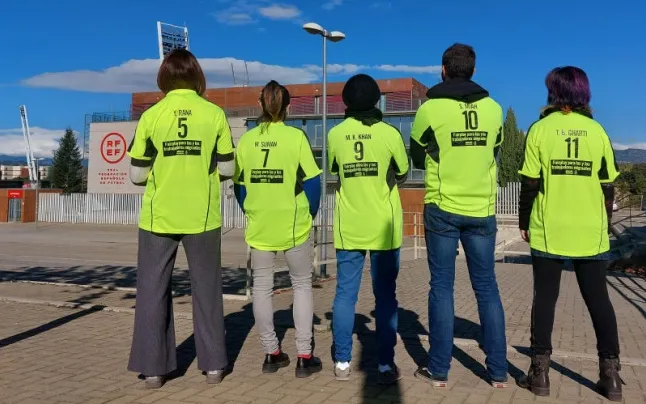
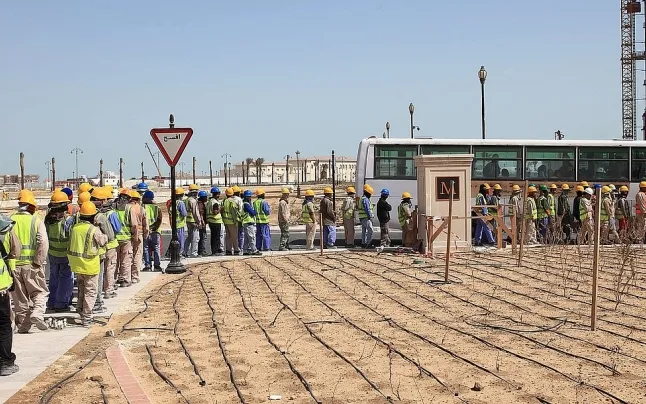
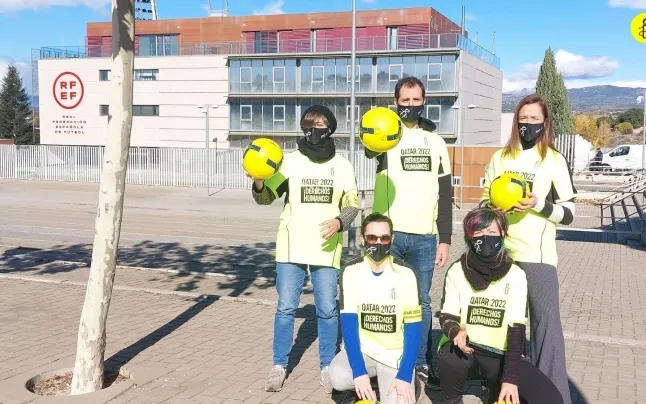


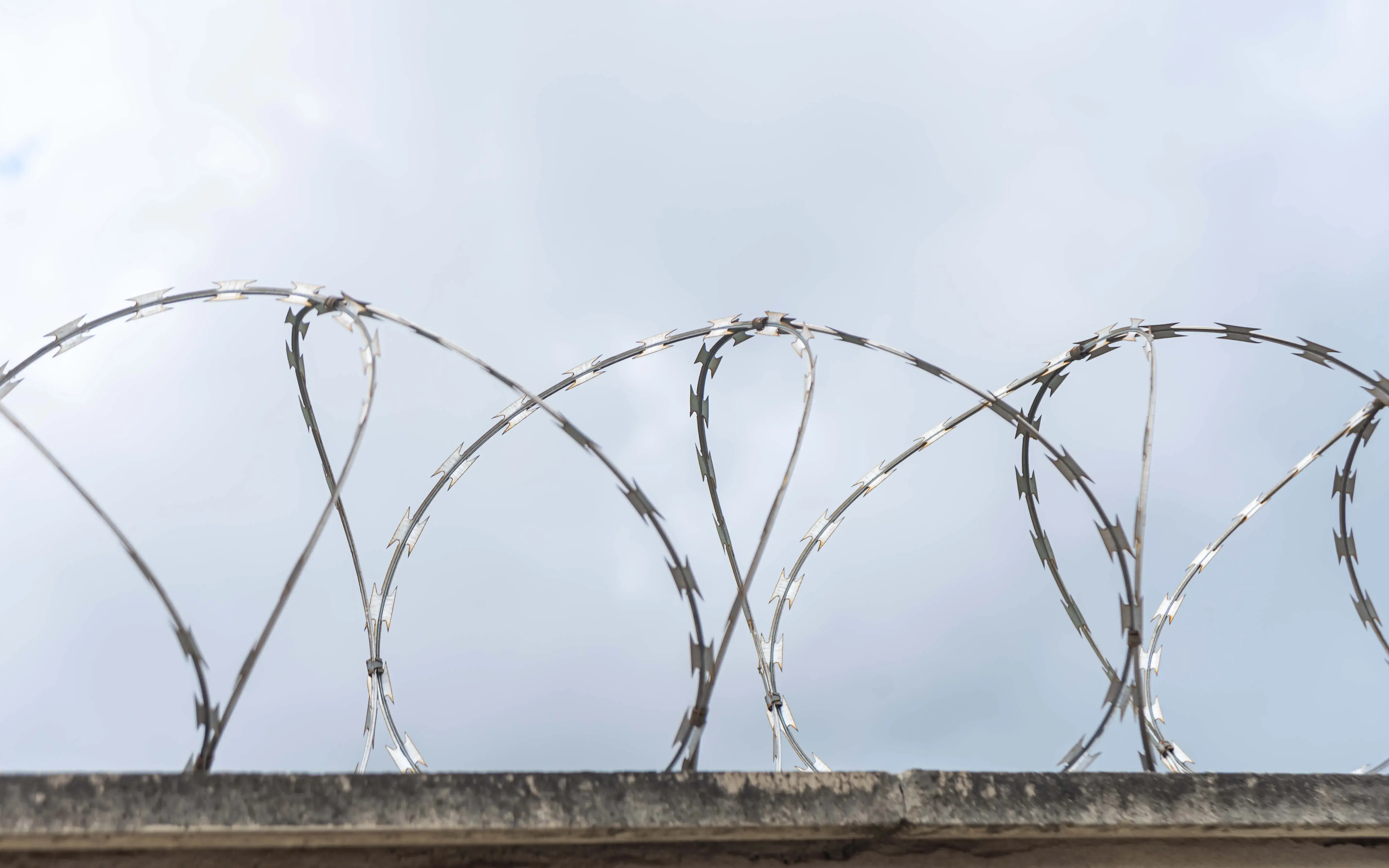
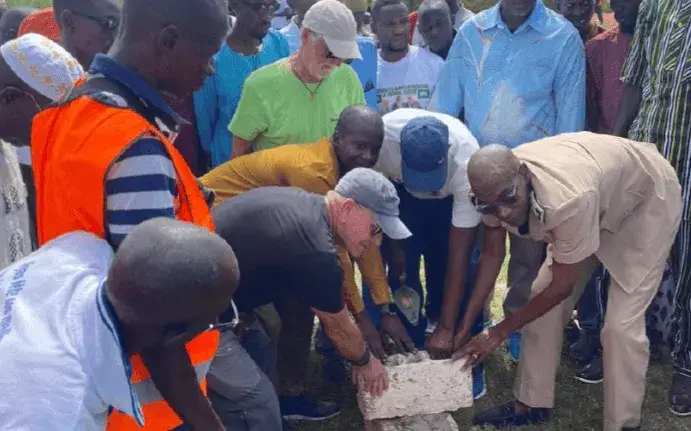


Add new comment